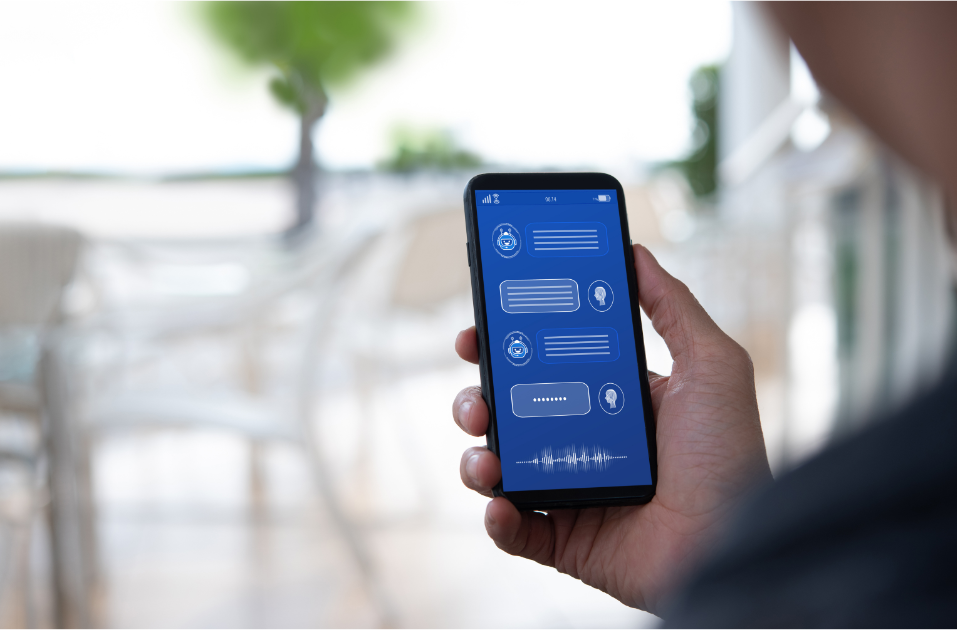As a freelancer, your personal brand is a crucial element of your success. Personal branding is the process of creating a unique and compelling identity that distinguishes you from others in your industry. It encompasses your skills, experience, values, and personality, and communicates what makes you special to potential clients. In this article, we will explore the importance of personal branding for freelancers, and provide tips for building a strong personal brand. In this article we talk about the power of personal branding for freelancers.
Why Personal Branding is Important for Freelancers
Personal branding is essential for freelancers for several reasons:
1. Differentiation
In a highly competitive marketplace, personal branding can help you stand out from the competition. It communicates what sets you apart and why clients should choose you over other freelancers.
In a crowded marketplace, it’s essential to differentiate yourself from other freelancers and communicate what sets you apart. Your unique selling proposition (USP) is what distinguishes you from others in your industry and communicates your value to potential clients.
To define your USP, start by asking yourself what makes you unique. What skills, experiences, and attributes do you possess that other freelancers may not? What problems do you solve for your clients, and how do you do it differently or better than others? Your USP should be specific, relevant, and compelling to your target audience.
2. Credibility
A strong personal brand can enhance your credibility and reputation. It demonstrates your expertise, experience, and professionalism, which can increase your perceived value to clients. Credibility is essential for freelancers because it’s a key factor that clients consider when deciding whether to hire you. Establishing credibility helps build trust with potential clients, which can lead to more work, higher rates, and greater success as a freelancer.
4. Consistency
Personal branding ensures that you present a consistent and cohesive image across all channels, including your website, social media, and marketing materials. This consistency reinforces your brand identity and reinforces client trust.
To maintain consistency, freelancers should ensure that their branding, messaging, and visual identity are consistent across all channels. This includes using the same logo, color scheme, and typography across all marketing materials and online profiles. Freelancers should also maintain consistent messaging that reflects their unique value proposition and speaks directly to their target audience.
In addition, freelancers should maintain consistency in their client interactions. This means responding to inquiries and delivering work in a timely and professional manner, and ensuring that the quality of their work is consistent across all clients.
5. Long-term success
Personal branding is an investment in your long-term success. Personal branding helps freelancers establish a unique identity and reputation that sets them apart from competitors and builds credibility with clients. By building a strong brand, you can attract new clients, generate more referrals, and increase your earning potential.
Tips for Building a Strong Personal Brand
1. Define your brand identity
The first step in building a personal brand is to define your brand identity. This includes your unique selling proposition (USP), values, personality, and target audience. Your USP is what sets you apart from other freelancers, while your values and personality reflect your character and approach to work. Your target audience is the specific group of clients you want to attract.
2. Develop your online presence
Your online presence is critical to building a strong personal brand. Your website, social media profiles, and online portfolio should reflect your brand identity, showcase your work, and provide value to your target audience. Use professional images and consistent branding across all channels.
3. Create valuable content
Creating valuable content is an effective way to establish your expertise, build credibility, and attract clients. Share your knowledge, insights, and opinions on your blog, social media, and other platforms. This content should be relevant to your target audience and showcase your unique perspective.
4. Network strategically
Networking is essential for freelancers to build relationships, generate referrals, and stay connected with industry trends. Attend conferences, join professional associations, and engage with other freelancers and potential clients on social media. Be genuine and authentic in your interactions, and focus on building relationships rather than just selling yourself.
5. Consistency is key
Consistency is essential in building a strong personal brand. Ensure that your branding, messaging, and tone are consistent across all channels. This consistency reinforces your brand identity and reinforces client trust.
5. Seek feedback
Finally, seek feedback from clients, peers, and other professionals to ensure that your brand is resonating with your target audience. Use this feedback to refine your brand identity and improve your approach.
Conclusion
Personal branding is essential for freelancers to stand out from the competition, build credibility, and attract clients. By defining your brand identity, developing your online presence, creating valuable content, networking strategically, and maintaining consistency, you can build a strong personal brand that sets you apart and enhances your long-term success as a freelancer. Remember that personal branding is an ongoing process, and you should continuously evaluate and refine your approach to ensure that it remains relevant and effective.





